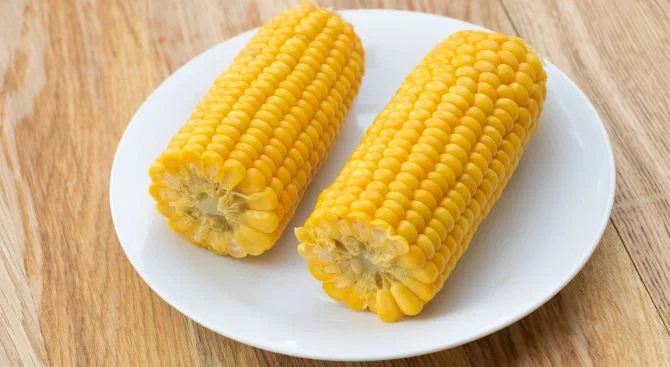Exploring the Health Effects of Corn - Benefits vs Risk Analysis

Corn Benefits Backed by Science
- Rich Source of Antioxidants: Corn contains beneficial plant compounds like anthocyanins, zeaxanthin, lutein and ferulic acid functioning as antioxidants protecting cells from damage by reactive oxygen species.
- Supports Heart Health: Multiple studies correlated higher whole grain corn consumption with significantly lowered LDL and total cholesterol levels reducing heart disease mortality risk. The fiber also prevents blood sugar spikes contributing to atherosclerosis development.
- Associated with Healthy Body Weight:Population data indicates groups eating more corn and corn products tend to possess lower average BMI and body weight possibly attributable to corn’s satiating fiber content. However, the form matters greatly regarding processing.
- Anti-Cancer Effects: Corn phytochemicals suppressed cell mutation and inhibited the spread of prostate, breast and lung cancers in preliminary lab analysis. Yet this remains to be clinically validated.
- May Prevent Anemia: Nixtamalized corn improves absorption of iron and zinc from grains mitigating mineral deficiency anemia common in developing worlds though enrichment practices help the raw grains.
- Blood Sugar Management Aid: Especially minimally processed variations like baby corn, whole kernel corn demonstrates an exceptionally low glycemic index steadying blood glucose curbing complicating conditions like metabolic syndrome.
Corn Side Effects
- Gut Microbiome Alterations: Rodent studies indicate corn heavy diets selectively stimulate growth of intestinal bilophila wadsworthia, a bacteria linked to intestinal inflammation and higher incidence of colitis while reducing levels of beneficial bifidobacterium species.
- Lowered Nutrient Absorption: The zein proteins in corn lower absorption of critical minerals like magnesium and zinc. And deficient mineral levels incurred over years contribute to hypertension, immune impairment and learning issues linked with very high corn intake.
- Weight Gain and Fatty Liver Risks: Though the observational findings regarding corn consumption’s inverse relationship with obesity seems reassuring, excess calories from certain corn sweeteners and oils like high fructose corn syrup and corn oil could instigate fatty liver disease driving central adiposity from early animal study corollaries in context of overall diet patterns.
- Possible Mold Contamination & Associated Toxins: Wet stored corn intended for animal feed frequently becomes contaminated by hazardous mold generating highly toxic aflatoxins that poison livestock and metabolize in milk supplies generating DNA adducts and cancer in some epidemiological research correlating regular contaminated corn product intake with liver disease and cancer mortality where monitoring proves inadequate.
- Negative Impacts On The Ecosystem: While nutritional arguments contend humanly, the monoculture mass farming of corn degrades topsoil rapidly compared to other grains, requires immense synthetic fertilizers to viably grow at scale and contributed to catastrophic colony collapse disorders annihilating domestic bee populations essential for broader ecosystem integrity through dependent floral reproduction dynamics that industrial corn growing regions threaten.
Post a Comment